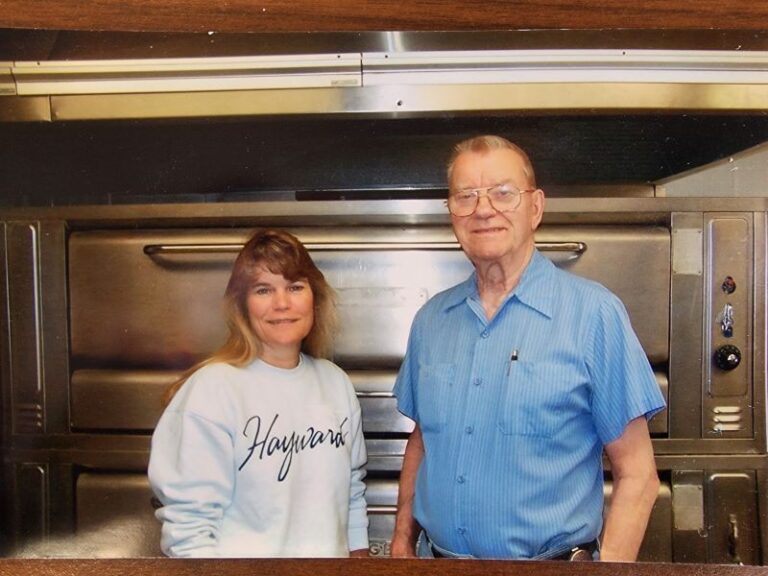
We recently published a blog about the importance of completing a healthcare directive. Staying on this topic of communicating your needs, what if you or your loved one were unable to communicate effectively due to a diagnosis of dementia? Is there pertinent information aside from healthcare that you would want caregivers to know?
As dementia progresses, our ability to communicate clearly may change. Rather than being able to say something we want or need, we may act in ways that reflect our thoughts and feelings. Behavior becomes communication. Because of the anxiety and fear that can accompany dementia, our behavioral communication may not always be safe or well-received by others.
Find Senior Living Near Me
Life History
In our memory care communities at Edgewood, we complete a life history form with each resident and/or their loved ones. By learning the information below, we can get better acquainted with each resident:
- Family Members
- Friends
- Pets
- Religion
- Volunteer Groups
- Hobbies
- Life Accomplishments
- Career History
- Places You’ve Traveled
- Special Skills
- Bedtime/Wake-up Time
- Preferred Clothing/Style
- History of Trauma/Abuse
- Emotional Triggers
- Heritage
- Favorite Foods/Meals/Beverages
- Eating Habits
Treat others the way they want to be treated.
For instance, if each morning at 5:00, a memory care resident tries to leave the building, we may become alarmed for their safety. If we know that the resident used to be a cattle farmer, we can respond in a way that makes sense to them. In this scenario, perhaps we can say that the cows are in the pasture today or offer them another activity to decrease their anxiety. Rather than tell them “no,” which will be upsetting and only add to their confusion, we can offer diversions using helpful details from their life history.
Individual Preferences
Maybe you place a high value on personal space. There’s nothing bad or strange about that, but when dementia sets in, it may be harder to clearly say to someone crowding you, “Please give me some space.” This is where staff’s knowledge about you can be so important!
If your caregivers see someone in your space, they can use helpful distractions and polite shifts in conversation to redirect you and the person encroaching. Without the staff’s intervention, you may have physically tried to move someone away from you because when you can’t verbalize your needs, you might act out what you want to say.
Sources of Comfort
Some of us have a go-to song, movie, book, or scripture to read when not feeling great. Perhaps there’s an entire photo album that could take you back in time to happier moments if you’re having a rough day. Informing memory care staff of this is so incredibly helpful!
We use something similar in our memory care communities. “Life stations” consist of general items that residents may have used during a typical day when they were younger. Common themes are coffee in the morning, getting the mail, going to church, caring for infants/children, and making repairs. These items usually include tools, letters, coffee cups, books, and baby dolls. The stations are meant to trigger long-term memories, which tend to remain rather strong.
Filling in the Blanks
If you’re helping someone with dementia, you may need to provide the aforementioned information to their caregivers if they’re unable. Even a few details about their long-standing hobbies or interests can help staff to offer a positive distraction, if they’re feeling anxious and confused. Because there’s no cure for dementia, the best we can do is treat each person with compassion and use creativity to help them through the hard moments.
Dementia is a very sad diagnosis, but memory care is designed to offer comfort. If you have questions about our memory care programs at Edgewood, drop us a line at info@edgewoodhealthcare.com.




